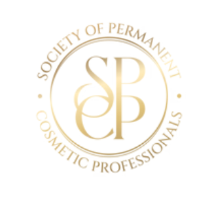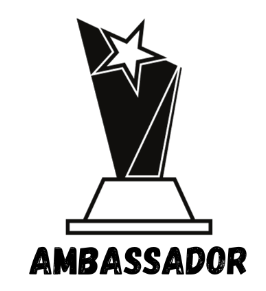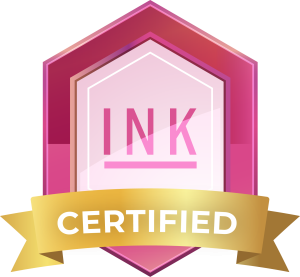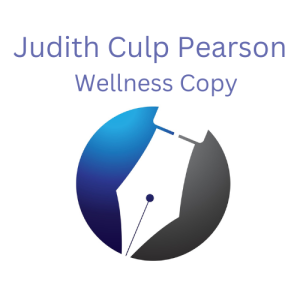
Marketing in the CBD/alternative health niche can be like wading into the ocean without paying attention to the cautionary flags. You need to know what those flags represent and follow them to avoid riptides, a shark encounter or worse. If you avoid these FDA and FTC trigger words your business will grow faster and you won’t be wrapped up in federal red tape, nasty letters, and fines.
The last thing any business wants is to invest in a great product, nurture and develop labeling and packaging and then get shut down when they start marketing.
The field of cosmetics works on rules that date back to 1938 by the federal government. Cosmetics and skincare are “intended to be rubbed, poured, sprinkled, or sprayed on, introduced into, or otherwise applied to the human body… for cleansing, beautifying, promoting attractiveness, or altering the appearance.”
For the purposes of this definition, the FDA excludes pure soap. Soap has its own set of rules and depending on other ingredients in it, the product may also be a cosmetic.
Think physical improvement as opposed to physiological. Scrubs smooth the skin. Acne toners kill surface microbes. Some ingredients plump the surface layers. Others calm or soothe the skin.
Sounds straight forward, but what about all the great new cosmeceuticals? Ingredients that blur the boundaries between how a cosmetic acts and what a pharmaceutical does.
Table of Contents
This gentleman is an amazing research doctor who specializes in topical care products. As he started seeing how formulations could be improved to get better results he was frustrated by the ancient legal limitations.
Why not work to get the laws updated? It would allow us to let people know what botanicals, peptides, and unique formulations could do.
He opened dialogues with his peers and quickly ran into opposition.
“if we get cosmeceutical ingredients reclassified, requirements will change. They will have to undergo expensive, long-term testing. If science proves what we believe, they will become drugs. That will require them to be dispensed through a pharmacy and require a doctor’s prescription. That could put them beyond the budget of many consumers.”
While his ethics wanted the change, the problem was crystal clear.
To protect the researcher and product manufacturer, there are some details I can’t share as I wouldn’t want to impact a good product that is available on the market.
Years ago, in my research, I read about an ingredient grown here in the Pacific Northwest that was extremely high in certain antioxidants. In various studies, it showed this ingredient had high anti-cancer properties.
I reached out to the doctor and inquired why he hadn’t gotten it patented so that more people could benefit from these properties. His response: “A million dollars and ten years. That’s what it would take at a minimum. I’m content to sell it as a supplement at a fraction of a pharmaceutical price and let people have access.”
A colleague recently shared that every time she tries to market a fabulous serum, her online ad gets rejected.
Its name? Bio Face Serum. She can advertise Face Serum just fine.
The venues that rejected her ad are probably interpreting bio to be biological or biologically active. If a cosmetic is biologically active it could change the skin and that is contrary to federal guidelines.
It’s probably going to be an expensive proposition to re-name, re-label this product in order to effectively market it.
Some commonly used terms that can attract federal attention or restrict marketing include:
Drugs change the structure, heal or cure. Cosmetics cannot make these claims.
If you check the definition, acne is a common word to describe skin breakouts of various types. The medical terms include a definer that describes the type. Acne vulgaris is a medical term for hormonally related teen acne.
So while you can call your products acne products or say your products help acne, you can’t claim they cure acne. Technically, “acne gone” seems to push the line but is out there. Claiming overnight riddance of acne as in “xyz overnight acne treatment” may run into problems.
The FTC is looking for words that could mislead the consumer and/or be fraudulent in any way. They have the authority to step in and shut down those who appear to be manipulating or deceiving the consumer.
Major players like Google have stepped in and created their own guidelines for consumer protection based on FTC guidelines.
Google now uses algorithms to look at marketing content to see if it agrees with well-established scientific consensus & is factually accurate.
Changes last June caused many alt health websites to dramatically drop in traffic. It didn’t matter if you were a big name player or a little guy.
The new algorithms were searching websites and pulling marketing access when they found what was deemed to be:
The more you include that is contradictory to what med web pages say, the higher the risk it will impact your search ratings and traffic.
Disclaimers may help if you are writing about non-traditional information
Site-wide, rather than single-page assessment is important – one poorly written page can affect the entire site
Keep in mind, Google isn’t looking to prove or disprove what you say. Rather looking at measurable signals.
This is classified as intentionally misleading information.
Other popular buzzwords are really either meaningless or misleading. They do use fear to manipulate the consumer. These terms run the risk for rejection by advertising sites like Google or others.
Sure, people like to see the term doctor tested, but most have no clue what that means.
To protect your investment, marketing efforts and avoid federal or google issues there are a couple of things you can do.
First, keep product page information transactional. Avoid fear or other RAS trigger-based terms and statements.
Keep educational information and testimonials separate. You can include a “for more information link” on the product page, but don’t include anything that could be making claims.
Trust is super important – show every bit you can. Trust is built with quality information, transparency, credentials, and a solid guarantee. Customer service access is equally important. Trust is part of the trio of know, like, trust, required for people to feel comfortable doing business with you.
I work with my clients to make sure their content and copy are compliant. We check for word choices that could potentially be misconstrued.
We start with a current content and marketing review. Then make sure all new information follows the guidelines set by FTC, FDA and of course…Google.
 Judith Culp Pearson receives three top honors
Judith Culp Pearson receives three top honors
at the annual Society of Permanent Cosmetic Professionals in
Ft. Worth, Texas - October 7-9, 2023




